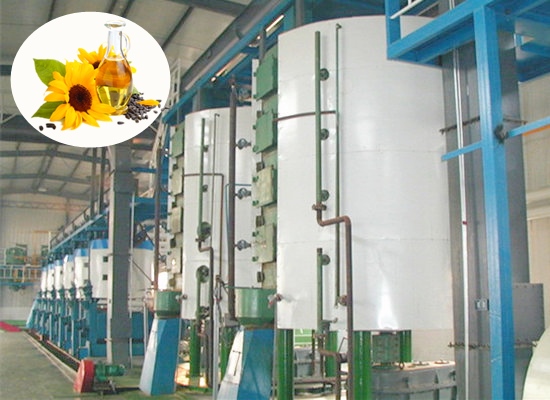
Peanut oil holds a significant position in daily life, being a staple in kitchens around the world for its rich flavor and health benefits. Today, we're excited to unveil an eco - friendly peanut oil production and resource recycling case that combines advanced technology with sustainable practices.
The journey of our peanut oil begins with the shelling of peanuts in shell. State - of - the - art shelling machines are used to efficiently separate the peanuts from their shells, ensuring minimal damage to the kernels. This process not only maintains the integrity of the peanuts but also lays a solid foundation for subsequent production steps.
There are two main pressing methods for peanut oil production: hot - pressing and cold - pressing. Hot - pressing involves heating the peanuts before extraction. This method can achieve an oil yield of up to 45% - 50%, and the produced oil has a stronger aroma. Cold - pressing, on the other hand, is carried out at a lower temperature. Although the oil yield is around 38% - 42%, it retains more nutrients and natural flavors, making it a popular choice for health - conscious consumers.
After shelling, the peanuts go through a thorough cleaning and pretreatment process. They are washed to remove dirt, dust, and other impurities. This step is crucial as it ensures the purity of the final product. Additionally, the peanuts are inspected to remove any damaged or moldy kernels, guaranteeing the quality of the oil.
In the cooking stage, baking temperature plays a key role. For hot - pressing, the peanuts are typically baked at a temperature between 120°C - 150°C. This temperature range helps to enhance the flavor of the oil and improve the oil extraction rate. The right baking temperature can break down the cell walls of the peanuts, making it easier for the oil to be released during the pressing process.

The crushing step is also vital for the oil yield. The peanuts are crushed into small particles, increasing the surface area for oil extraction. A well - crushed peanut can improve the oil yield by approximately 3% - 5%. Advanced crushing equipment is used to ensure uniform particle size, which is beneficial for the subsequent pressing process.
The oil extraction process is carried out using advanced screw presses. These presses can apply high pressure to the crushed peanuts, extracting the oil efficiently. In a large - scale production line, a single press can process up to 5 tons of peanuts per day, with an average oil extraction efficiency of over 90%. This high - efficiency process not only saves time but also reduces energy consumption.

One of the highlights of our production process is the reuse of oil cakes. After oil extraction, the remaining oil cakes are rich in protein and fiber. They can be used as high - quality animal feed or processed into organic fertilizers. This resource recycling not only reduces waste but also brings additional economic benefits, demonstrating our commitment to environmental protection.
The extracted crude oil undergoes a refining process to remove impurities, odors, and colors. This process includes degumming, deacidification, bleaching, and deodorization. After refining, the peanut oil meets strict quality standards, with high clarity and stability. Finally, the refined oil is filled into clean and sealed containers, ready for the market.

In summary, our peanut oil production process is a combination of advanced technology, strict quality control, and environmental protection. From the shelling of peanuts to the filling of the final product, every step is carefully monitored to ensure the highest quality. Consumers can rest assured that they are purchasing a product that is not only delicious but also produced in an environmentally friendly way.
Join us in this sustainable journey! Partner with us to bring high - quality, eco - friendly peanut oil to your market. Contact us now to start your order and experience the excellence of our products!

